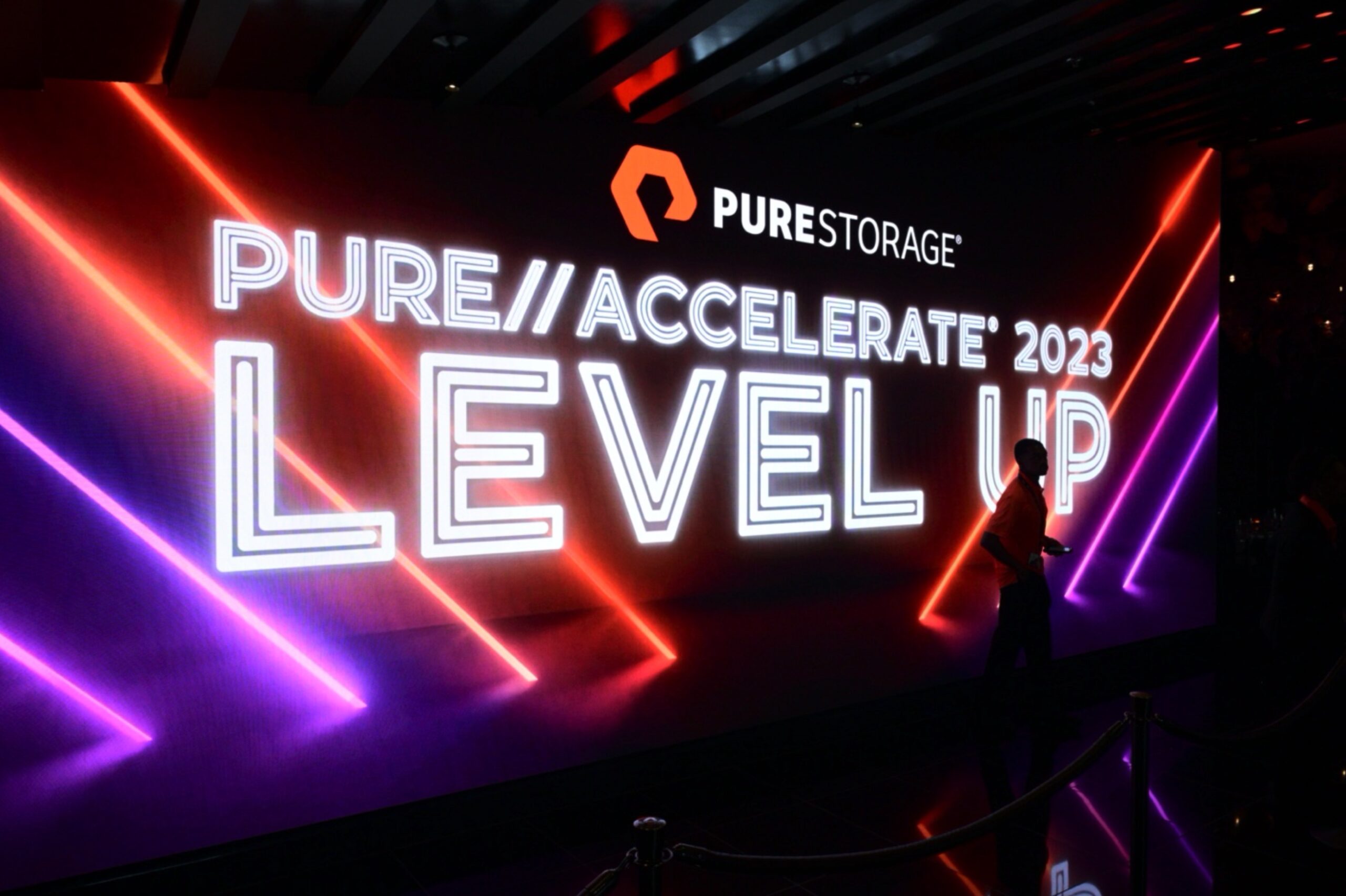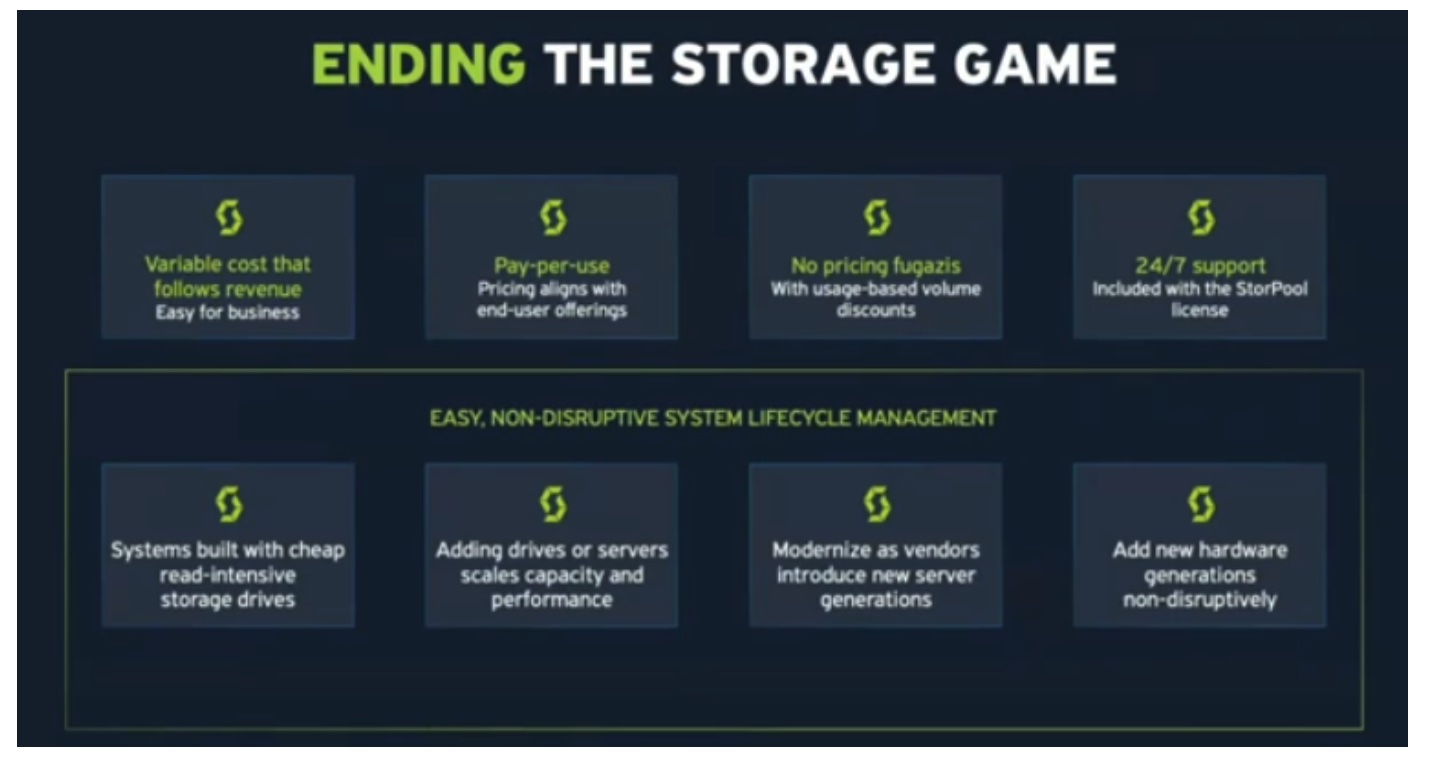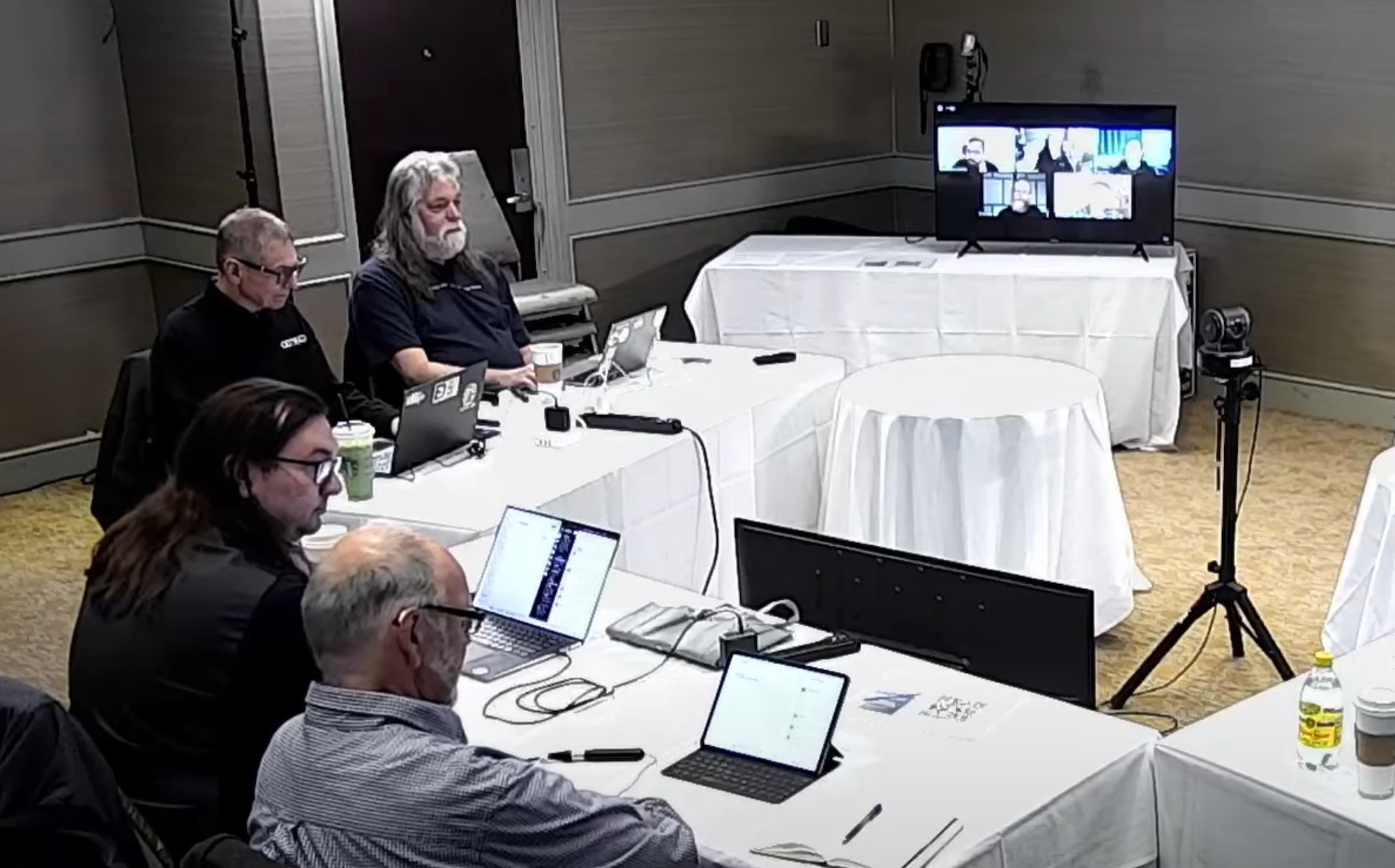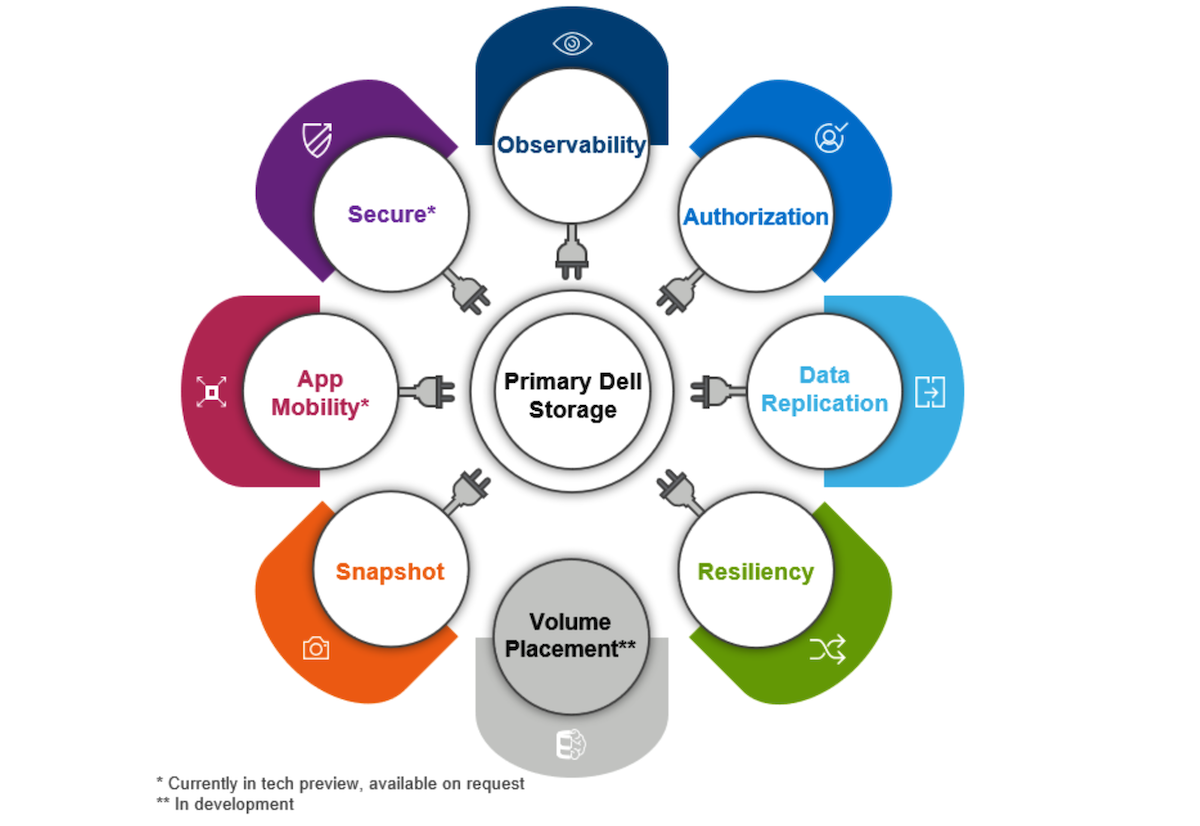One of the topics I’ve often written and spoken about is thin provisioning. This series of 11 articles is an edited version of my thin provisioning presentation from Interop New York 2010. I hope you enjoy it!
Thin provisioning is a topic that is interesting to me. Now, I have to warn you ahead of time that I’ve been a critic of thin provisioning for a long, long time. So, you’re really not going to get a big cheer leader “rah rah” session here.
I feel like too many people use technologies like thin provisioning more for political and management problems than technical problems. But recently I have come around to seeing that thin provisioning has good uses. It has some positive aspects. But, I’ve also discovered a lot about how it really is and how it really works, and it’s not quite as wonderful as people like to say.
But, let’s start at the beginning. Why are we doing this at all? Why do we care about thin provisioning? This is why: Storage is not getting cheaper.
If you went to buy a disk ten years ago, you’re going to spend about the same as would today, but you’re going to get a lot more capacity — a lot more capacity!
This is a big fallacy of enterprise storage. I used to call it the CompUSA problem, but then they went out of business. So, I guess I’ll have to call it the Best Buy problem. The idea that I can go into a store and buy two terabytes of disk for two $100 bills and have change left over.
Well, that’s an issue for enterprise storage, right? Because what happens when you try to actually do real enterprise storage provisioning in a corporation? You end up with people pushing back on you saying, “Hey, wait! How come you’re charging me so much? For the price that I’m paying per month in internal chargebacks I can just go buy this capacity. And I have to pay that every single month?”
I hear this again and again from a lot of the pundits (people who don’t actually do anything in storage) who say, “ah, it’s just a spinning disk. All the enterprise guys they’re bending you over and taking advantage of you, and they are taking too much money out of your pocket for all this.”
Well, the truth is that probably a lot of them are overpricing. But, in my opinion, the cost of capacity is basically irrelevant. That doesn’t mean it’s zero, but it’s basically irrelevant. The reason is that everything else about storage is growing so rapidly that the dropping cost of disk capacity really isn’t helping.
The fact is that we have terrible utilization of enterprise resources anyway, and it’s not getting any better. In fact, most companies today have about the same storage utilization that they did ten years ago. Somewhere between 20 and 30 percent, if you look soup to nuts.
It hasn’t improved because they are “doing storage” the same way. If you’ve got file systems and you’ve got SCSI and you’ve got block storage and all that kind of stuff, guess what? Your utilization is going to be just as bad now as it was then because the technology just isn’t there.
And often it’s the business processes: There is a big problem with how provisioning, forecasting, purchasing, and the rest is done. So, storage costs just keep rising, and the dropping cost of disk capacity is only a minimal component.
Let’s talk about real-world cost. This is a graph that I made for one customer, and it doesn’t necessarily represent everybody. I’m not IDC. I don’t have some kind of universal numbers. I don’t know if they have the universal numbers either, but I definitely don’t.
This is what I found. With hardware and software, it was less than 10 percent of the entire cost of delivering storage services.
What does that mean? That means that if you reduce the cost and hardware and software by 50 percent (which would be a tremendous win by anybody’s standards) you’ve then affected your cost of storage by just five percent.
That’s basically irrelevant. You work really hard to do all this stuff and you’re really not getting anything.
For the next segment of this discussion, we’ll take a look at storage utilization.







